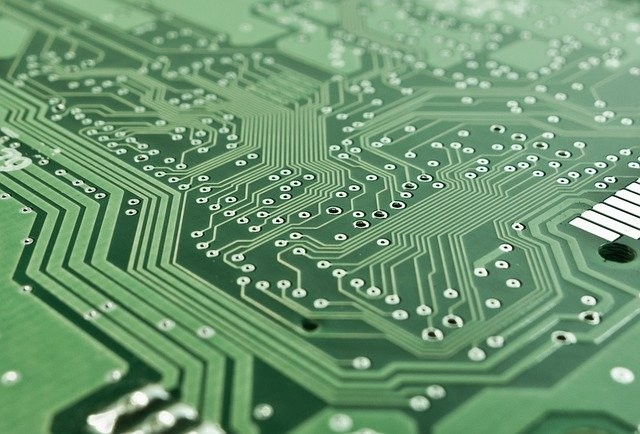
(Photo : Image by Michael Schwarzenberger from Pixabay )
Adopting electronics as a hobby can feel a little overwhelming for beginners. All the different tools, equipment, gadgets, and symbols can seem like an alien language that's impossible to understand. However, once you get past the initial stage, you might begin to realize that electronics isn't as difficult as you first thought.
The following consists of some helpful information and tips on how to adopt electronics as your new hobby.
Stock up on tools and supplies
An electrician is nothing without their tools, so you'll need to stock up before your journey truly begins.
Truth be told, you can never have too much equipment. Depending on the projects you undertake, the types of equipment you might need are endless. However, as a good base, you should have the essentials, from a soldering iron and wire cutters to transistors. Interestingly, transistors are insanely important, as they function as amazing electronic switches (capable of turning currents on and off millions of times each second). The market is awash with different types of transistors, so it's important to stock up on the different ones.
Learn the theory
Here's an undisputable fact: you can't start electronics as a hobby without learning the theory. But don't worry, learning the theory is easy, although it will take weeks and months before you truly start to grasp everything.
You can learn the theory in various ways, such as through electronics books for beginners and online courses.
Purchase a kit online
A whole host of electronics kits can be purchased online (or in-store). Prices and sizes of kits vary depending on which you buy. You can breathe a sigh of relief, though, as there are thousands of beginner's kits available that come with tools that won't overwhelm you during the early stages of your new hobby. The key is to start slow and gradually build your skillset and range as time progresses.
Start with projects
Once you have begun to understand the theory and have assembled your tools and kit, you can begin undertaking projects - yay!
The most exciting part about doing electronics as a hobby is the number of projects you can undertake are endless. You can test yourself with week-long projects (or even year-long projects), or you can simply undertake projects that only take a couple of hours. The choice is truly yours.
Here are some beginner projects for you to try.
Consider selling your projects
If you begin to realize that your projects are turning out pretty impressive, you should consider selling the products you've made. The best way to do this is online. You can sell through third-party retailers, such as eBay and Amazon, or sell through your own website. You can even sell products through social media, these days, which is worth considering.
Watch YouTube tutorials
There are lots of YouTube channels dedicated to helping beginners to electronics. Examples of these channels include:
- Simple Electronics
- Nevon Projects
- SR electric
Make sure to check them out and subscribe to get access to experienced voices!
Join online communities
The electronics community is hugely popular online (check out: https://www.electronicspoint.com/forums/), as it's filled with many professionals and hobbyists eager to help others.
* This is a contributed article and this content does not necessarily represent the views of hngn.com








